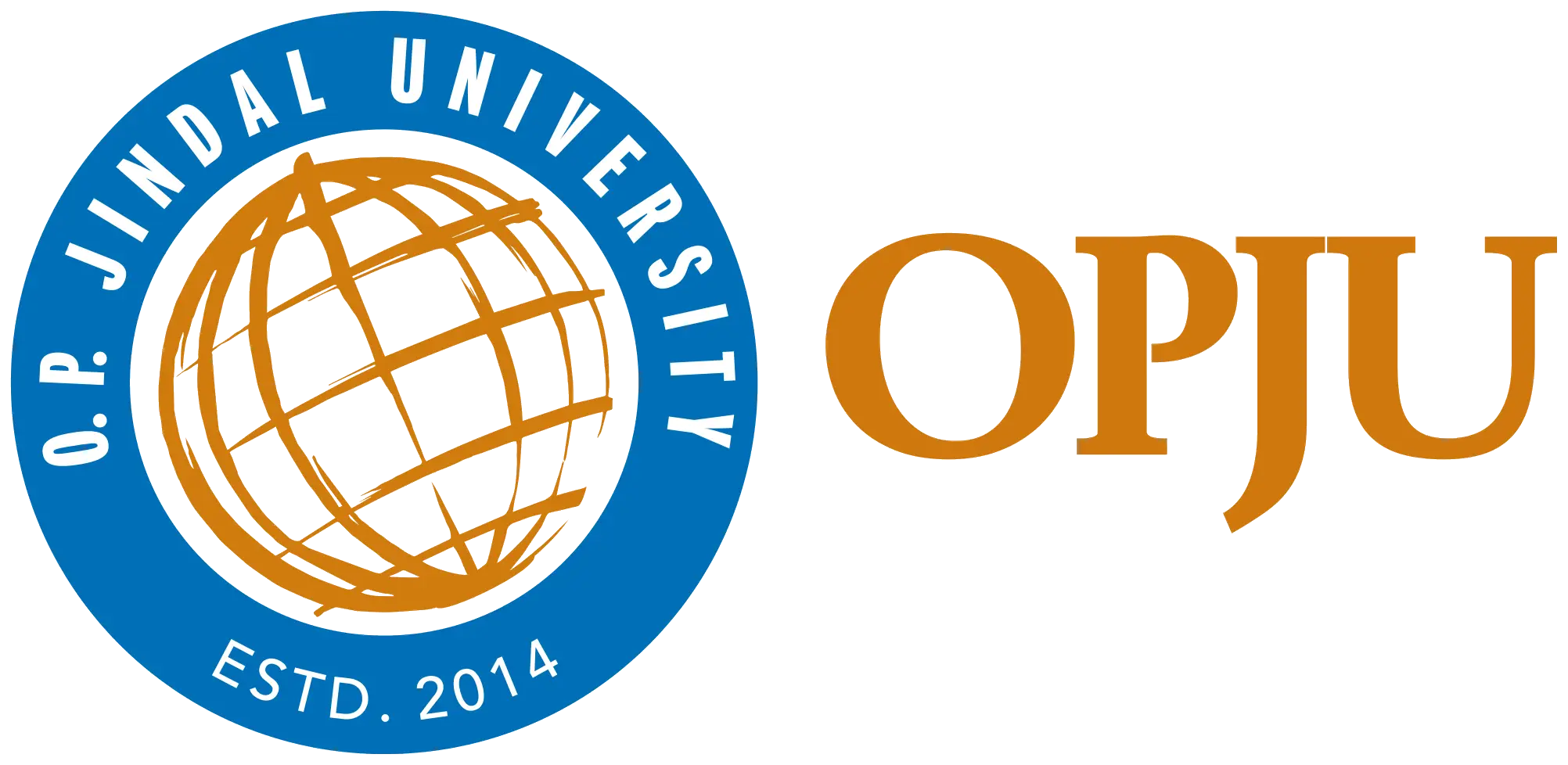The Ph.D. in Civil Engineering is a rigorous, research-driven program aimed at advancing knowledge and innovation across core domains such as structural, geotechnical, environmental, transportation, and water resources engineering. In addition to its core domains, the program encourages research in emerging and interdisciplinary areas that address the evolving needs of modern infrastructure. By integrating advancements in construction technologies, digital tools, and sustainable development strategies, the program fosters innovative thinking and practical solutions. It prepares scholars to tackle complex engineering challenges through interdisciplinary research, with emphasis on analytical skills, technical expertise, and sustainability. With access to advanced laboratories, simulation tools, and expert mentorship, scholars contribute to the development of resilient infrastructure and smart solutions for societal needs.




